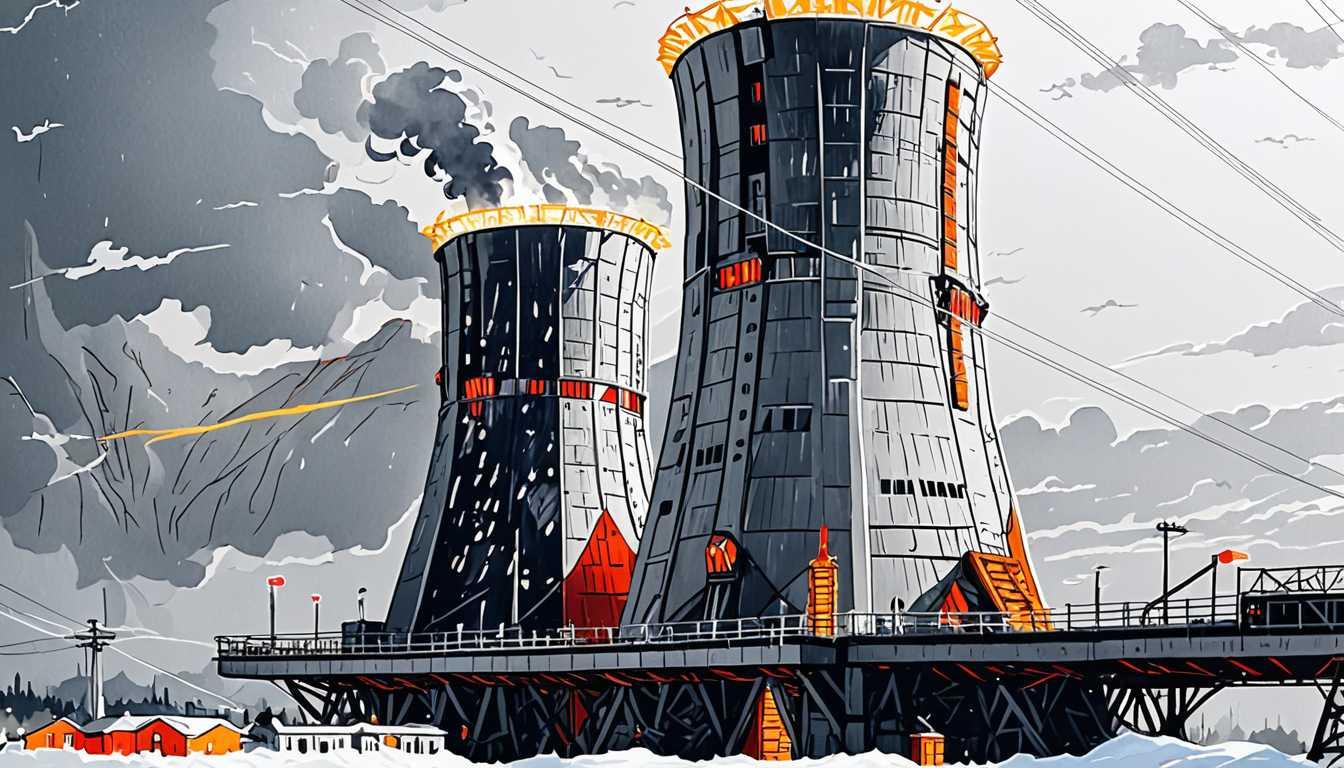Cooling Chaos: How AC Affects Our Grid
August 2024
MIT Technology Review
Introduction
Ever wonder why your AC unit cranks up the electric bill on a hot summer evening? You’re not alone! This intriguing article from MIT Technology Review’s The Spark reveals how our collective cooling habits stress the electrical grid, especially during peak hours. With AC units gobbling up over 70% of residential power in some areas, it’s a hot topic worth exploring. Dive into this electrifying read and find out how innovative tech could cool things down—literally!
READ FULL ARTICLEWhy It Matters
Discover how this topic shapes your world and future
Riding the Energy Wave of Change!
Understanding the dynamics of electricity demand, particularly during peak hours, is crucial in our world where climate change and energy consumption collide. As temperatures rise and more people rely on air conditioning systems to stay comfortable, the demand for electricity spikes, especially in the evenings. This phenomenon isn't just about personal comfort, it has significant implications for energy providers, environmental sustainability, and our collective future. The challenge lies in balancing the immediate need for power with the long-term goal of reducing our carbon footprint. As you think about your own energy usage, consider how your choices can influence the environment and how innovative solutions, like energy storage and smarter cooling systems, can help us adapt in a warming world. This topic connects to your daily life and highlights your role in shaping a sustainable future.
Speak like a Scholar
Electric Grid
The interconnected network that delivers electricity from power plants to homes and businesses.
Peak Demand
The highest level of electricity consumption during a specific time period, often requiring more energy resources.
Energy Storage
Technologies that capture energy produced at one time for use at a later time, helping to balance supply and demand.
Fossil Fuels
Natural substances like coal, oil, and natural gas that are burned for energy but contribute to climate change.
Renewable Energy
Energy sourced from natural processes that are continuously replenished, like solar or wind power.
Cooling Systems
Technologies, such as air conditioning, that remove heat from indoor spaces to create a comfortable environment.
Independent Research Ideas
The Impact of Air Conditioning on Urban Heat Islands
Investigate how widespread AC use affects local climates and urban planning. This topic is fascinating because it combines environmental science with urban studies, highlighting the unintended consequences of our comfort-driven choices.
Innovative Energy Storage Solutions for Peak Demand
Research emerging technologies that store energy for use during peak hours. This area is exciting as it intersects technology, engineering, and sustainability, showing how innovation can address real-world problems.
The Role of Solar Power in Mitigating Peak Demand
Explore how solar energy can be optimized to meet evening electricity needs. This topic is intriguing as it delves into renewable energy's potential to reshape our energy landscape and balance consumption patterns.
The Environmental Trade-offs of Cooling Technologies
Analyze the environmental impacts of various cooling systems and their contribution to climate change. This research is thought-provoking because it invites a critical examination of everyday technologies we often take for granted.
Behavioral Economics of Energy Consumption
Study how people's energy usage changes during heat waves and the influence of behavioral nudges. This topic is compelling as it merges psychology with environmental science, uncovering how behavior shapes energy efficiency and sustainability efforts.
Related Articles

Tesla's Charging Dilemma: What's Next for EVs?
May 2024
MIT Technology Review

Three Mile Island: A Nuclear Comeback Story
September 2024
MIT Technology Review

Charge Into a Safer Energy Future!
November 2024
MIT News

Bigger Cars, Bigger Climate Challenges
May 2024
MIT Technology Review

Cool Solutions: Air Conditioners as Energy Savers
August 2024
MIT Technology Review